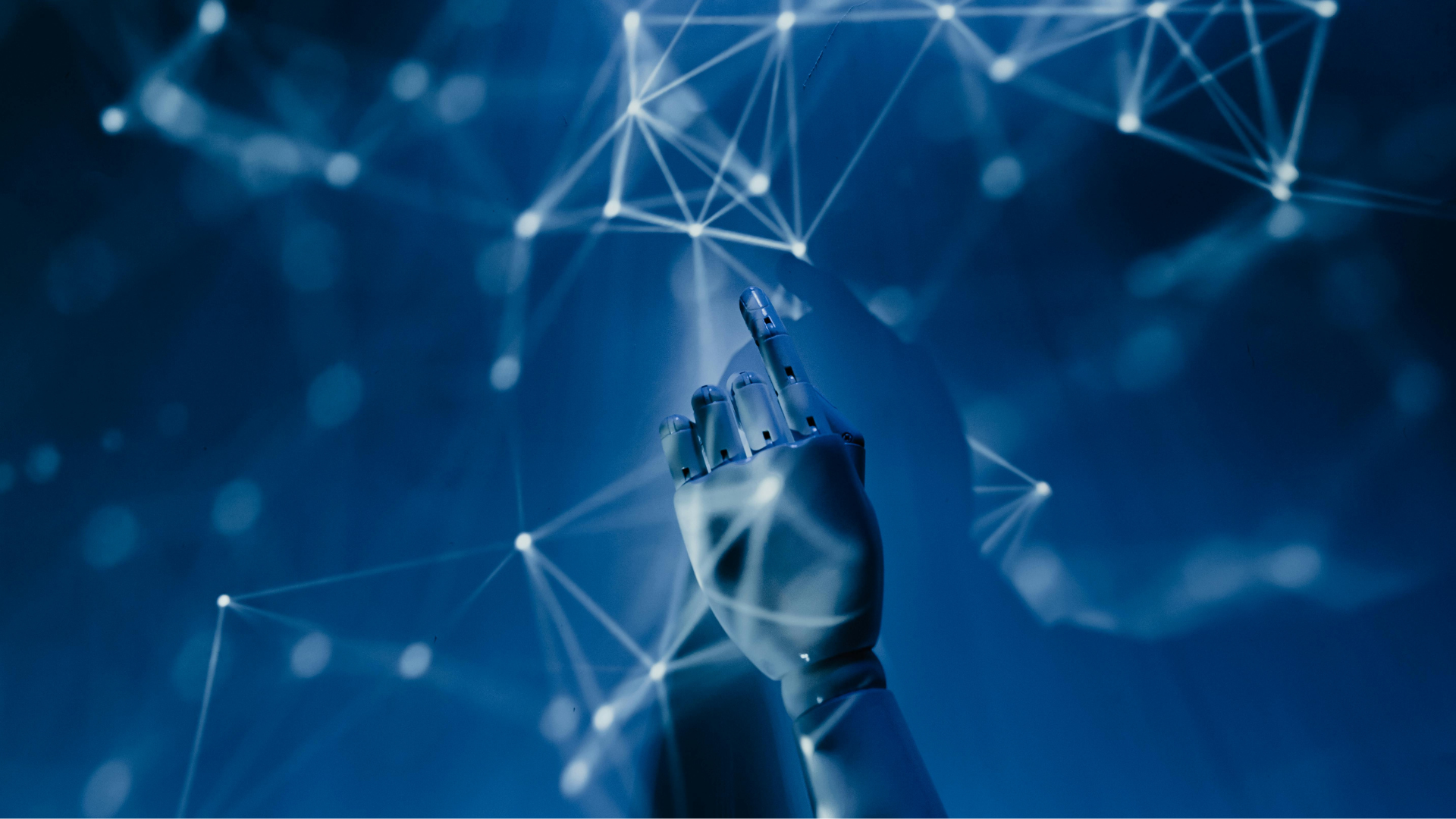
A moment from the round table discussion Alumni Convention: Artificial Intelligence and creativity for responsible innovation
The Alumni Convention “Artificial Intelligence & Human Thinking: How to Drive Responsible Innovation” brought together the Politecnico community of former students, together with faculty and current students, once again this fall. This year's theme was an invitation to explore the role of artificial intelligence (AI) in contemporary society and the University's response to a phenomenon that is rapidly transforming all our paradigms.
The convention was opened with institutional greetings from Carla Chiasserini, Delegata del Rettore del Politecnico agli Ex Allievi e Accompagnamento al Lavoro, and Felice Vai, President of the PoliTO Alumni Association, with thanks extended to the institutions, students, and Rector Guido Saracco for always valuing the alumni community.
“Only ChatGPT can explain the change brought about by AI in ten minutes.” This is how Mario Rasetti, professor emeritus at Politecnico and President of the Scientific Committee of CENTAI (Center for Artificial Intelligence), began his speech, which he entitled “Artificial intelligence: the arcane and ancient language we will speak in the future” to recall the stories of Argentine writer Jorge Luis Borges. “AI is a phenomenon comparable to Gutenberg's invention of printing, but AI technologies are advancing at an exponential rate.”
AI is now part of everyday life, becoming indispensable in many cases due to the speed with which it produces, analyzes, and interprets data: “In just eight months, the amount of data generated is equivalent to 364 billion copies of War and Peace,” explained Rasetti. ChatGPT is an expanded language model because it not only respects grammar, sentence structure, and syntax, but also contains all human knowledge: it can be a brilliant conversationalist, but it lacks emotions and feelings.
By responding to the Turing test, we can recognize whether an interlocutor is a machine or a human. “Regarding the idea that these machines will replace humans, the answer is no,” concludes Rasetti. “Creativity is the art of unpredictability, and originality is the ability to create and break paradigms—skills that remain within the domain of human grammar.”
This was followed by a high-profile round table discussion moderated by the co-curator of Biennale Tecnologia, Luca de Biase, and featuring Barbara Caputo, professor at the Department of Automation and Computer Science-DAUIN and founder of the start-up FocoosAI, Claudio Casetti, professor at DAUIN and member of FULL (Future Urban Legacy Lab), Marco Ditta, Executive Director of Group Head Data & Artificial Intelligence Officer Intesa Sanpaolo, Davide Mercuri, Head of Advanced Data Analysis and Machine Learning at PUNCH Softronix, and Benedetto Habib, President and Producer of ANICA (Association of Audiovisual and Digital Film Industries) and co-owner of Indiana Production.
“Artificial Intelligence represents the large-scale automation of digital data,” emphasized Barbara Caputo, "a phenomenon that has gained prominence in public discussion thanks to the decreasing cost of sensors and the abundance of digital data. Its automation is essential to accelerate the creation and interpretation of data, as human capabilities are insufficient. However, rapid technological evolution presents challenges in training, with the need to adapt educational programs to address this rapid growth. Furthermore, Italy, with its scientific history, could draw inspiration from France in developing its own language models. An example of this progress is Mistral AI, a start-up that has introduced a 7 billion Open Source model, demonstrating that Turin could follow this example with a strategic and targeted approach."
"Behavioral models for autonomous vehicles are being developed, with a focus on generating artificial intelligence to analyze and classify dangerous situations, such as pedestrian crossings and sudden obstacles. These studies involve evaluating hundreds of possible scenarios with the aim of creating AI models based on already classified data. The multidisciplinary approach involves humanistic and sociological expertise to understand how people react, emphasizing the importance of considering the element of unpredictability in such situations. – concluded Claudio Casetti with a touch of irony – The ongoing evolution of research into self-driving vehicles points to a future in which aspiring drivers will have to persuade the vehicle to let them take control."
“Think about the application of automation in the fields of digital effects, casting, sound design, dubbing, animation, and all stages of film production,” explained Benedetto Habib. Automation also comes into play in the automatic generation of images and the creation of stories. This raises the question of intellectual property: how does the machine that creates the narrative relate to an individual who only provides input? Professor Rasetti's words, in particular his reference to the Turing test, are reassuring: we can distinguish when a machine is involved. ChatGPT is a significant innovation but will not replace the human touch. Creativity, unpredictability, and human uniqueness will continue to surprise us, beyond any algorithm."
“I really enjoyed this debate, as it makes us reflect on the acceleration of change that is underway,” said Rector Guido Saracco in his closing remarks. "The image of an engineer often falls into the stereotype of a nerd, but in reality, an engineer is a creative person par excellence, capable of generating innovations and anticipating trends. At our university, we have involved industries, international laboratories, and other universities to familiarize ourselves with complexity and provide training programs in step with the times, capable of giving the next generation of engineers all the tools they need to enter the world of work. Despite the growing challenges, this scenario makes everything more stimulating. The training offered by the Politecnico provides an ideal environment for cultivating the skills of the engineers and creatives of the future."
Photos by Lorenzo Carrus